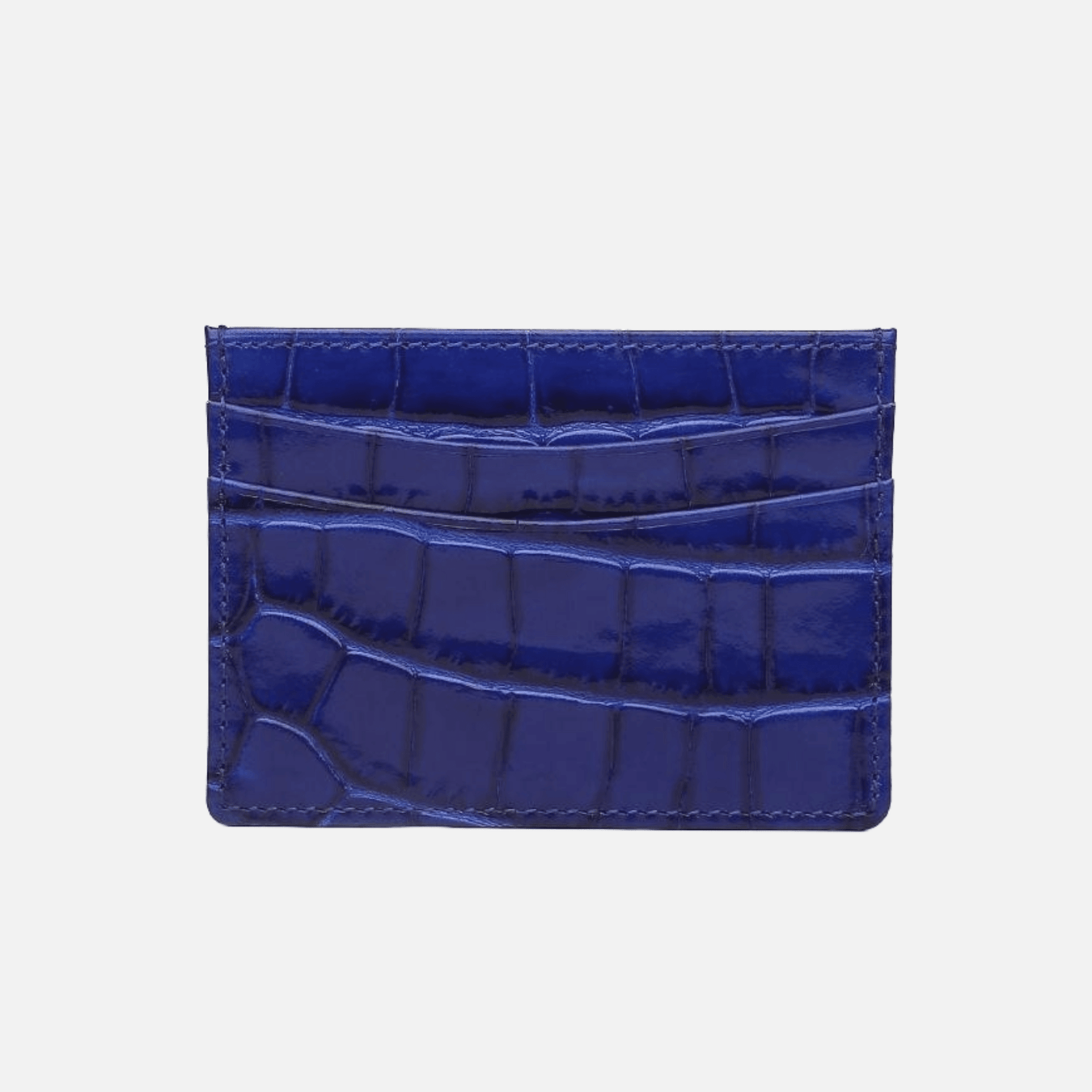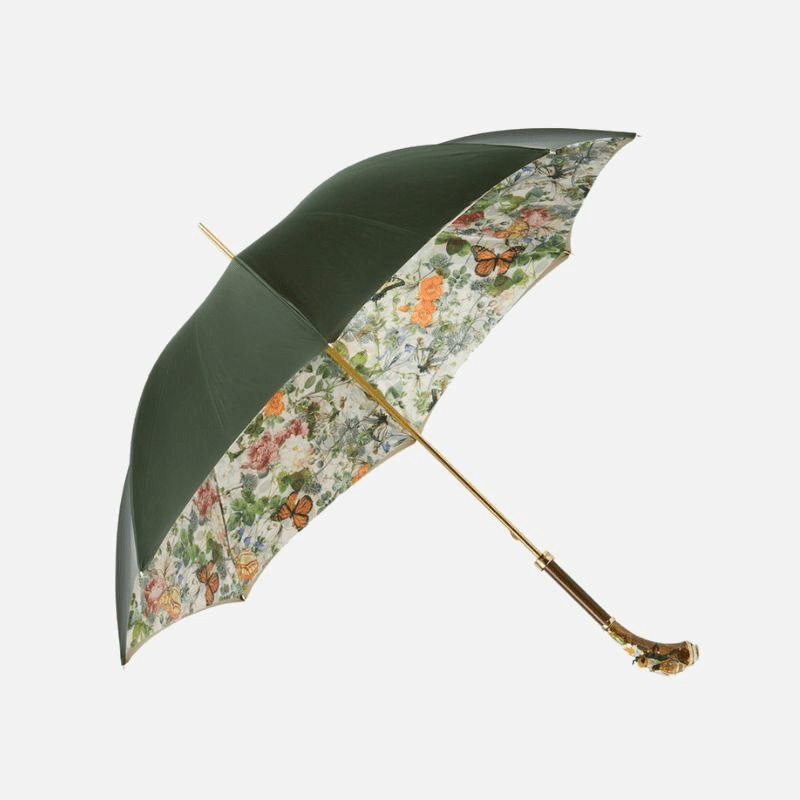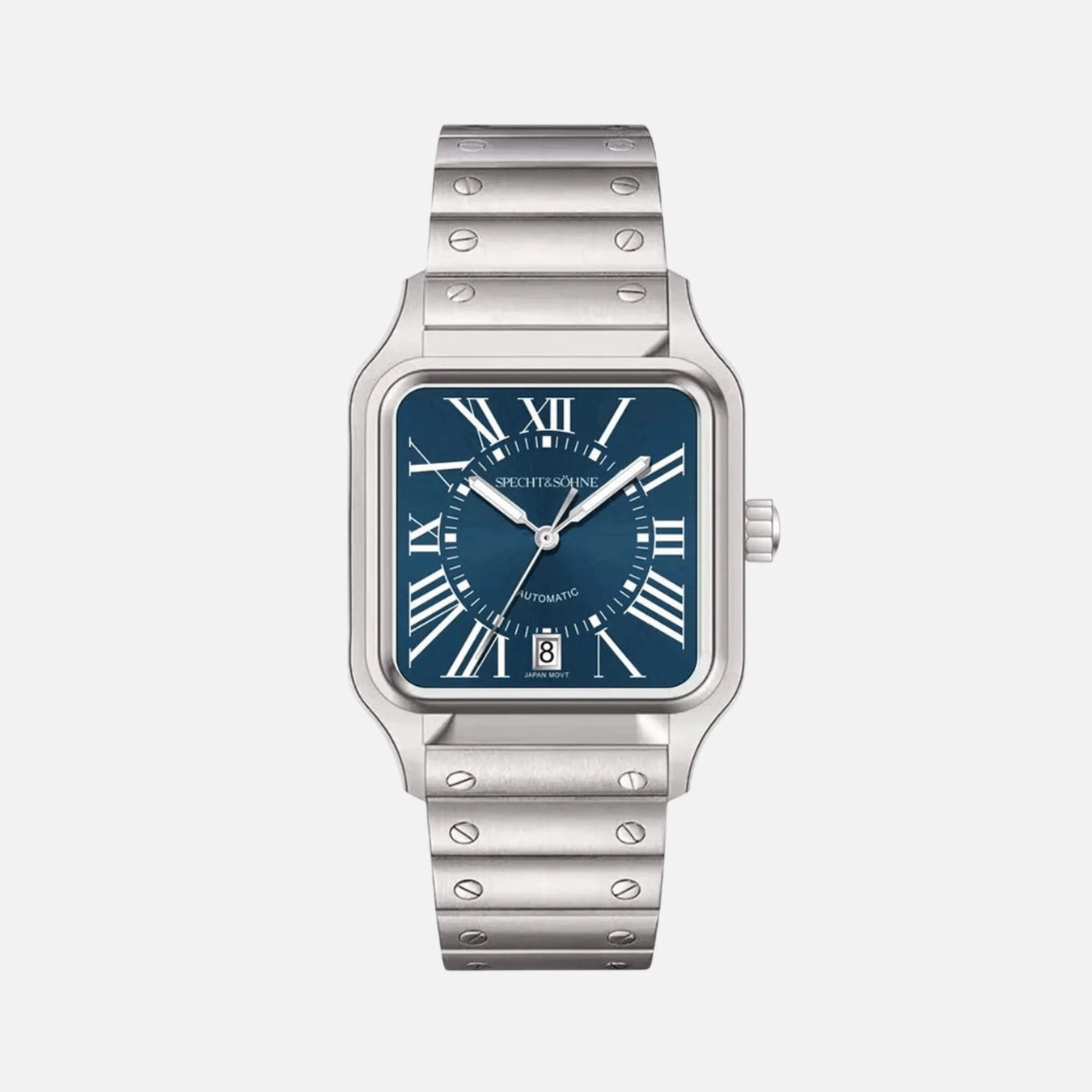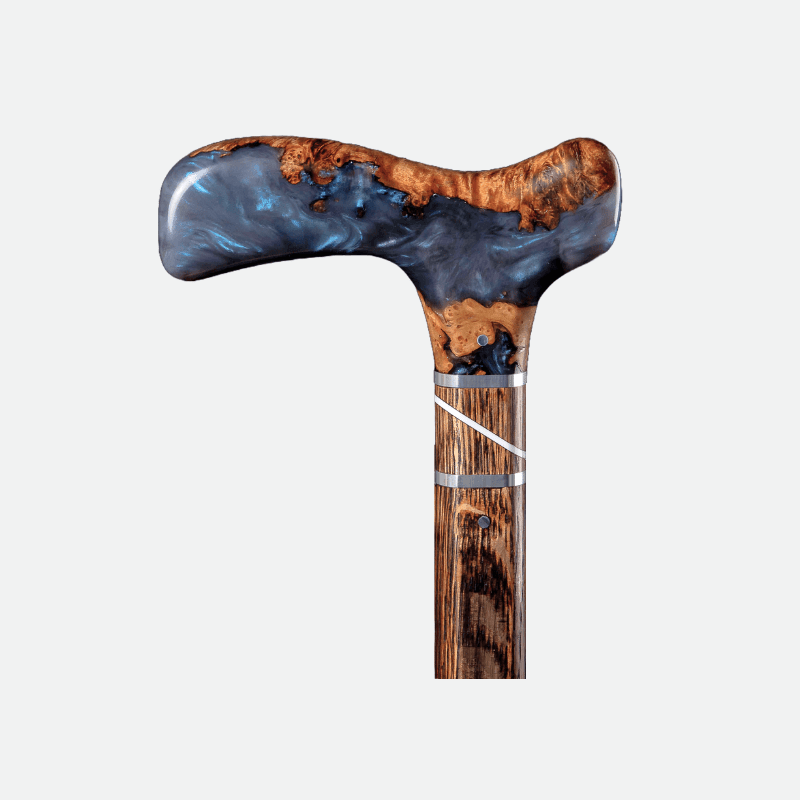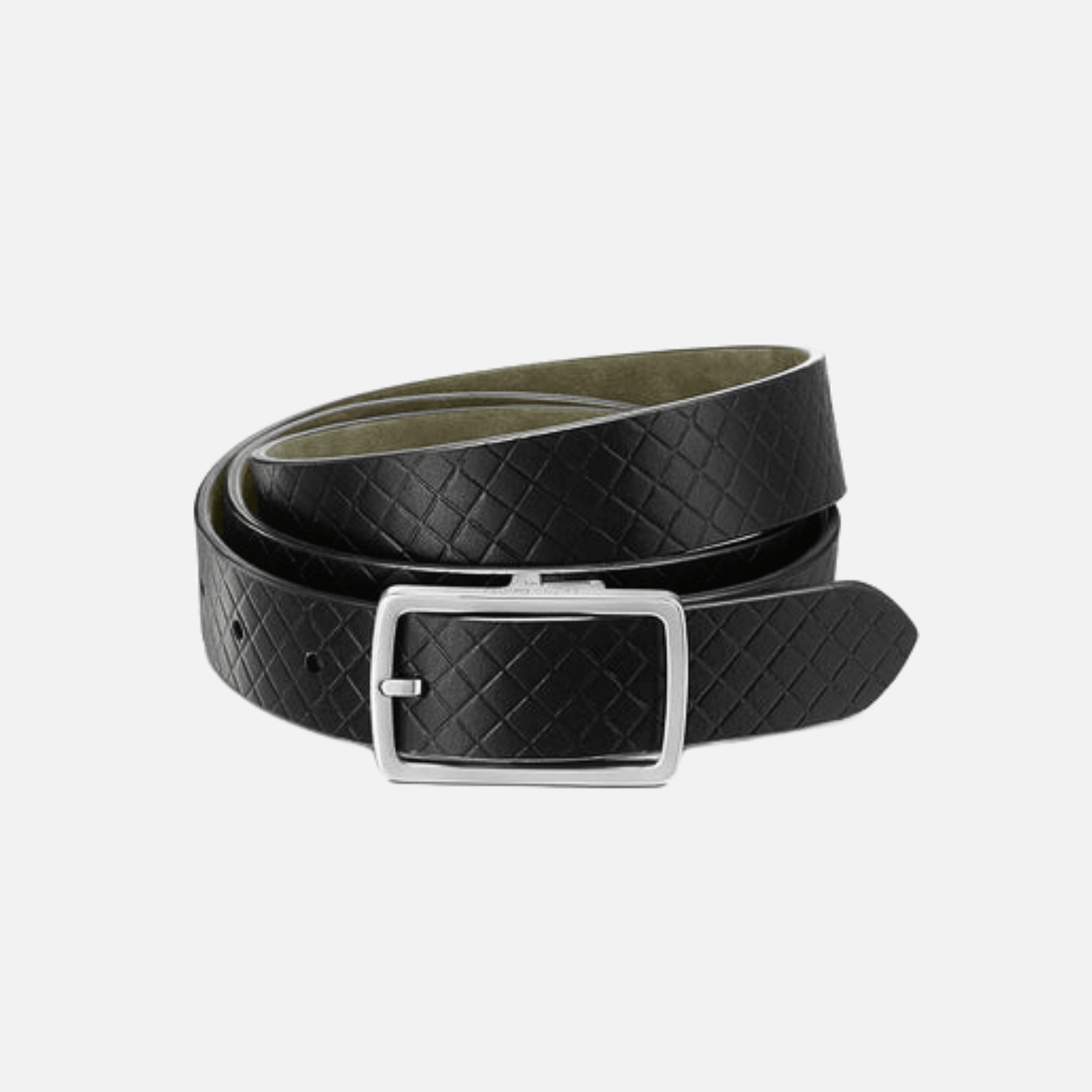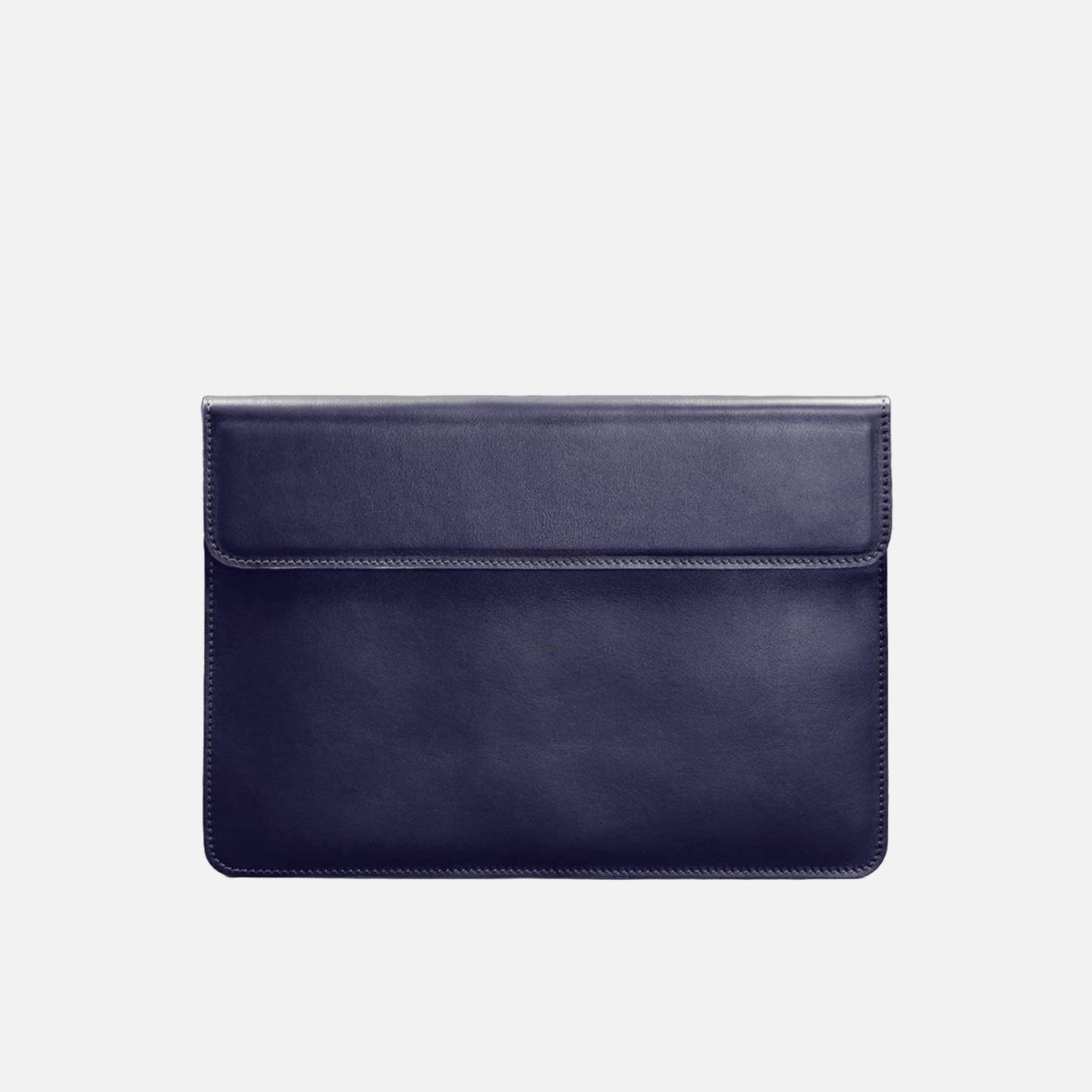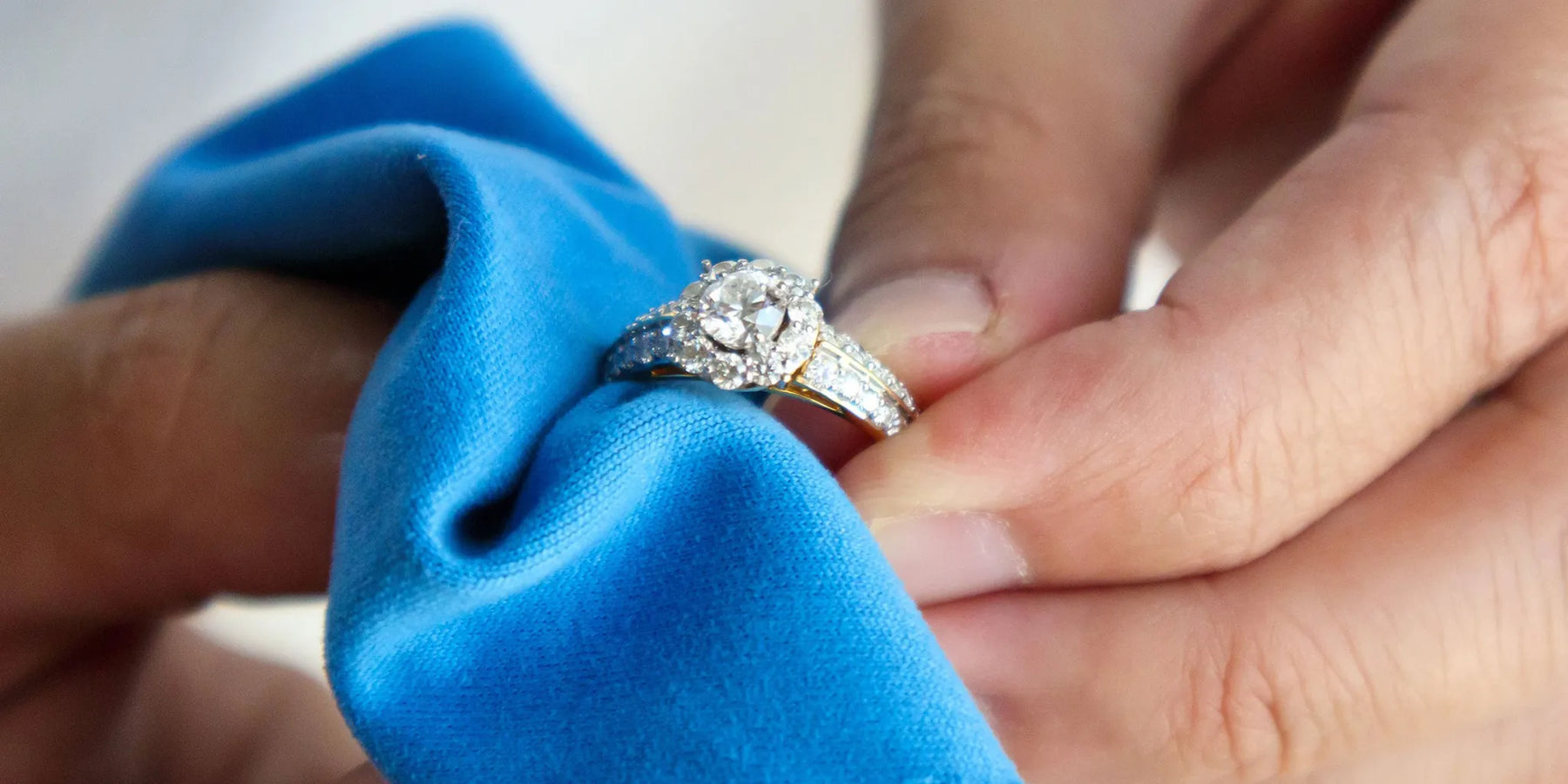
Caring for Your Fine Jewelry: Expert Tips to Keep Your Pieces Sparkling
Your fine jewelry represents more than just a fashion statement—it carries sentimental and monetary value. Whether it's a diamond engagement ring or a cherished family heirloom, keeping your pieces in pristine condition ensures they’ll continue to shine for years to come. In this guide, we’ll share expert tips to help you care for your jewelry properly and keep each piece sparkling like new.
1. Cleaning Your Jewelry at Home
Over time, dirt, oils, and everyday grime can dull the brilliance of your jewelry. Regular cleaning is essential to restore the shine of your favorite pieces, but it’s important to do it correctly.
-
Best Practices for Cleaning Diamonds, Gold, and Platinum
For most fine jewelry, a simple cleaning method works wonders. Fill a bowl with warm water and a few drops of mild dish soap. Soak your pieces for 10-15 minutes, then gently scrub them with a soft toothbrush. Rinse under lukewarm water and dry with a soft cloth. -
Avoiding Harmful Chemicals
Never use harsh chemicals like bleach or ammonia when cleaning jewelry, as they can damage the metal or gemstones. Even toothpaste, often considered a go-to cleaner, can be too abrasive for softer metals like gold. -
Recommended Cleaning Schedule
To maintain your jewelry’s shine, clean frequently worn pieces, such as rings or bracelets, once a week. For items that are worn less frequently, a monthly cleaning should suffice.
2. Professional Jewelry Maintenance
While home cleaning is important, your fine jewelry also requires professional maintenance.
-
When to Seek Professional Help
If you notice loose stones, worn prongs, or visible scratches, it’s time to bring your jewelry to a professional. A jeweler can inspect and repair any damage before it leads to a bigger problem, such as losing a precious stone. -
Annual Check-ups
It’s recommended to have your jewelry professionally inspected once a year. A jeweler can clean your items more thoroughly and check for any wear and tear on settings, clasps, or chains.
3. Proper Storage Techniques
Storing your jewelry correctly is just as important as cleaning it. Improper storage can lead to scratches, tarnishing, and even tangling of necklaces and chains.
-
How to Store Different Types of Jewelry
Diamonds are the hardest natural material, so they can easily scratch other gemstones or metals if stored together. Store each piece of jewelry separately in soft pouches or compartments to avoid damage. -
Why Invest in a Jewelry Box or Organizer
A high-quality jewelry box with individual compartments is the best way to keep your pieces safe. Look for one that includes anti-tarnish fabric to help preserve the shine of silver or gold pieces. -
Humidity and Temperature Considerations
Store your jewelry in a cool, dry place. Excess humidity can cause metals like silver to tarnish faster, while exposure to direct sunlight can fade gemstones over time.
4. Traveling with Jewelry
When you’re on the go, your jewelry can be more susceptible to damage or loss. Here’s how to keep it safe while traveling.
-
Best Travel Cases for Fine Jewelry
Invest in a compact travel jewelry case with padded compartments to prevent pieces from moving around. Avoid overpacking your case to prevent tangling or scratches. -
What to Avoid When Traveling
Skip wearing jewelry to the pool or beach, as chlorine and salt water can tarnish metals and dull gemstones. It’s also wise to leave valuable or sentimental pieces at home if they aren’t necessary for your trip.
5. Jewelry Insurance: Protecting Your Investment
High-value jewelry should be insured to protect you in the event of theft, loss, or damage. Here’s how to ensure your precious pieces are covered.
-
Why Insurance Matters
Jewelry insurance can give you peace of mind, covering the cost of replacement or repair if something happens to your pieces. Many homeowners' or renters' insurance policies offer coverage for jewelry, but you may need to purchase additional coverage for high-value items. -
How to Get Your Jewelry Appraised
To insure your jewelry, you’ll need an appraisal to determine its current value. Be sure to use a reputable appraiser, and consider getting your items reappraised every few years to reflect any changes in the value of precious metals or stones.
Conclusion
Caring for your fine jewelry doesn’t have to be complicated, but regular cleaning, proper storage, and professional maintenance are crucial to keeping your pieces sparkling for years. By following these expert tips, you can preserve both the beauty and the sentimental value of your collection.

